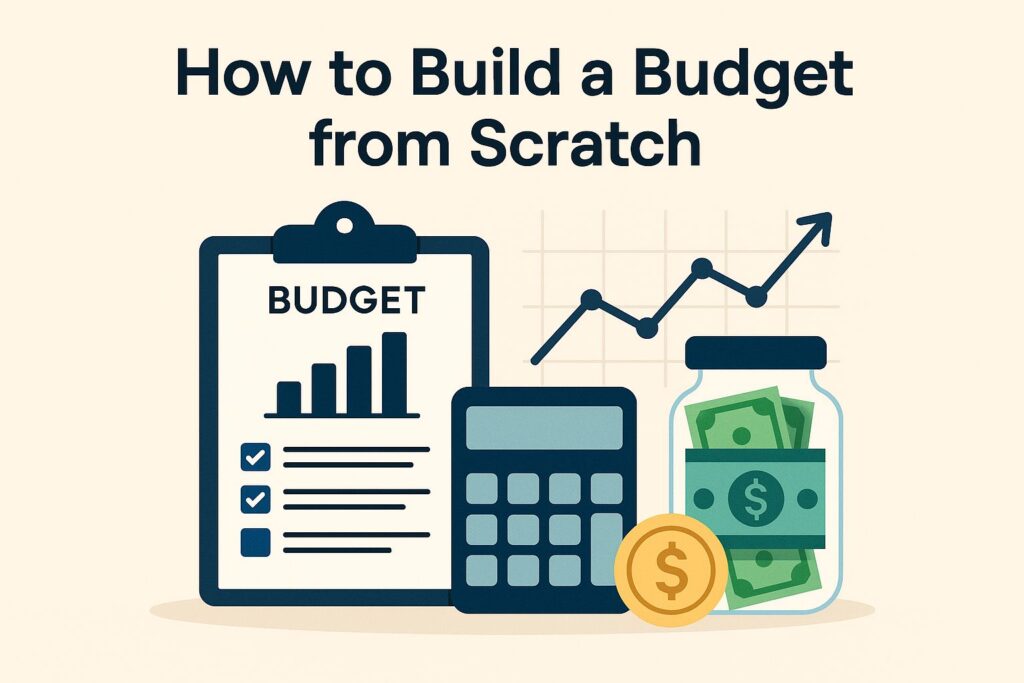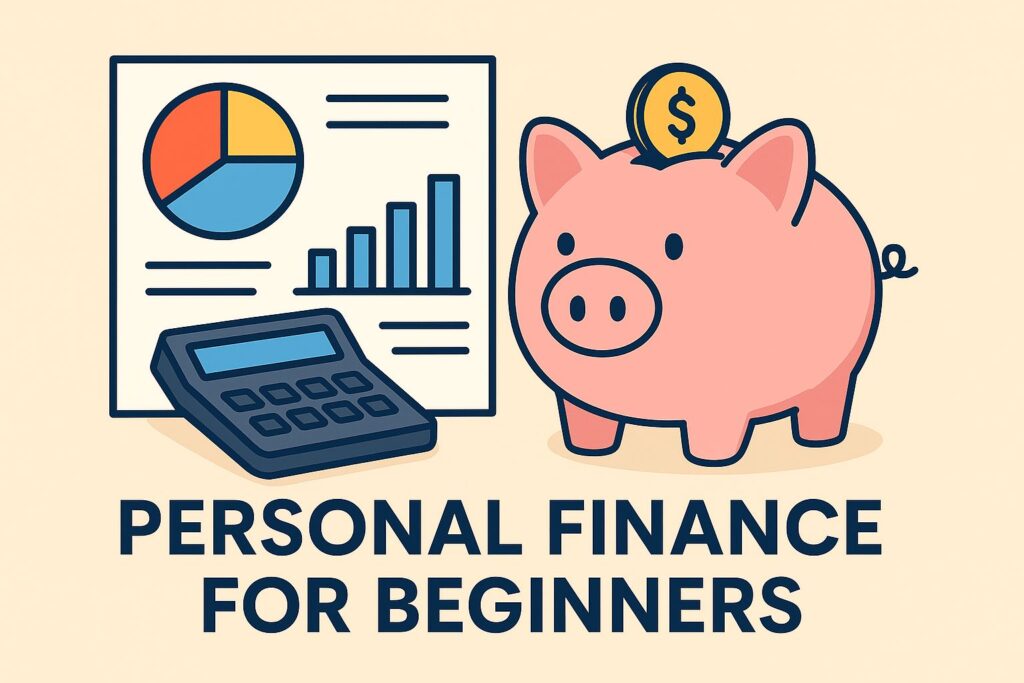💬 Introduction: Why Net Worth Isn’t Just for the Rich
When you hear “net worth,” you might think of billionaires or celebrities. But in reality, everyone has a net worth—and understanding yours is one of the most important steps you can take in managing your money.
Whether you’re trying to pay off debt, save for a goal, or just gain a clearer picture of your financial life, knowing your net worth gives you a snapshot of where you stand today. Let’s break it down.
💡 What Is Net Worth?
In the simplest terms:
Net Worth = What You Own – What You Owe
• Assets are everything you own that has value (like cash, car, savings, property, investments).
• Liabilities are what you owe (like credit card debt, loans, mortgage).Example:
If you have $10,000 in savings and $5,000 in student loans:
Your net worth = $10,000 – $5,000 = $5,000
It can be positive (you own more than you owe) or negative (you owe more than you own). Either way, it’s your financial baseline.
🧾 How to Calculate Your Net Worth
Here’s a step-by-step method:
✅ Step 1: List Your Assets
Include:
• Checking and savings accounts
• Cash on hand
• Value of your car (estimate resale value)
• Investments (stocks, retirement funds, crypto)
• Property or valuables
Add them up → this is your total assets.
✅ Step 2: List Your Liabilities
Include:
• Credit card balances
• Student loans
• Car loans
• Personal loans
• Mortgage (if any)
Add them up → this is your total liabilities.
✅ Step 3: Subtract Liabilities from Assets
Assets – Liabilities = Net Worth
Tip: You can do this with a simple spreadsheet or online calculator.
🎯 Why Does Net Worth Matter?
1. It Gives You the Big Picture
Looking at your monthly budget shows what’s happening right now. But your net worth shows your overall financial health.
2. It Tracks Progress Over Time
Are you growing financially? Tracking your net worth helps you see if you’re building wealth or falling behind.
3. It Helps You Set Realistic Goals
Want to retire early? Buy a home? Knowing your net worth shows what’s possible and helps you plan.
4. It Motivates Smarter Decisions
When you see how debt reduces your net worth, you’re less likely to overspend. When your savings grow, it boosts your confidence.
🔁 How Often Should You Check Your Net Worth?
Once a month or once every 3 months is ideal. Don’t obsess daily—your net worth will naturally rise and fall. What matters is the long-term trend.
You can use apps like:
• Mint
• Personal Capital
• YNAB
Or just a Google Sheet.
🚩 What If Your Net Worth Is Negative?
First of all—don’t panic. Many people start with negative net worth due to student loans or early debt. What matters is that you’re now aware and can take steps to fix it.
Start by:
• Reducing high-interest debt
• Saving a small emergency fund
• Budgeting smarter each month
Even a $100 increase in net worth is a win!
💬 Tips to Grow Your Net Worth Over Time
• Spend less than you earn
• Invest regularly (even small amounts)
• Pay down debt strategically
• Avoid lifestyle inflation
• Track your finances consistently
It’s not about how much you make—it’s about how much you keep and grow.
📌 Final Thoughts: Your Net Worth Is Your Financial Mirror
Your net worth doesn’t define your worth as a person—but it does reflect your financial choices and habits. Knowing it gives you control, clarity, and confidence to build the future you want.
Start calculating yours today. You might be surprised—and inspired—by what you learn.


